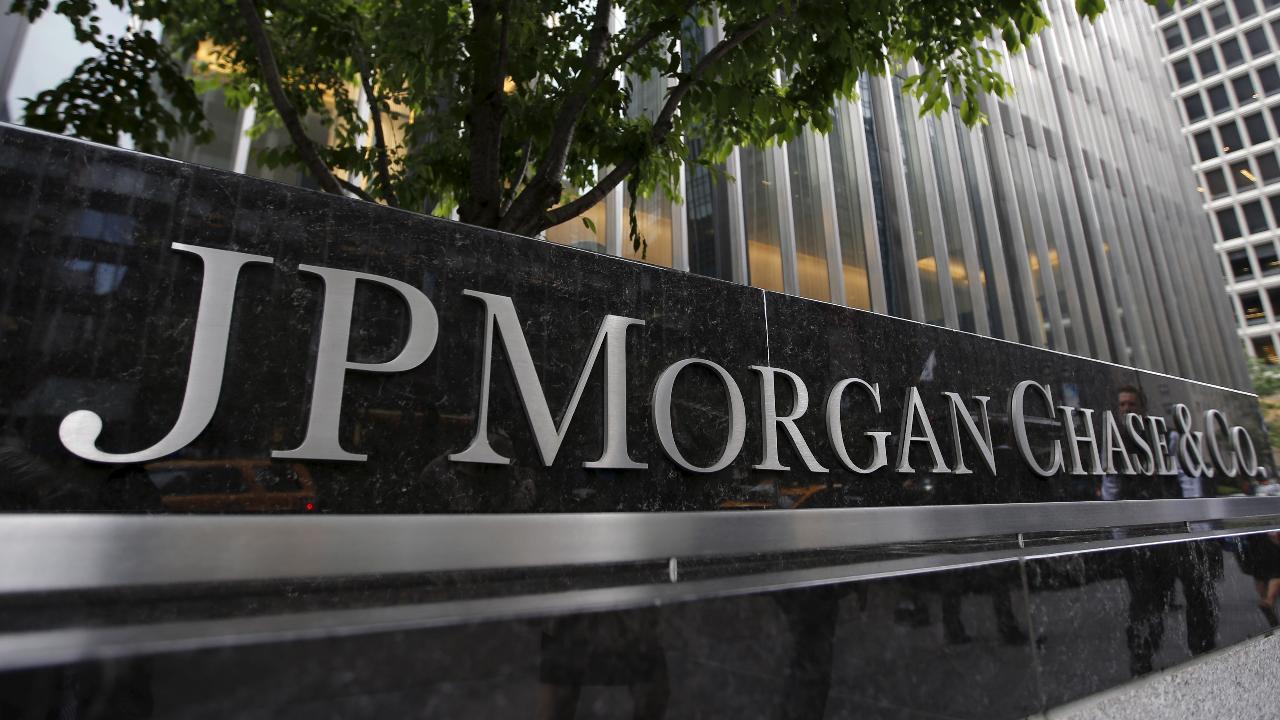Jamie Dimon: Next US recession won't look like '07
While JPMorgan said it is optimistic at the outset of the first quarter – despite reported weakness across many of its businesses triggered by market volatility and political uncertainty in the fourth-quarter – CEO Jamie Dimon says a possible near-term recession wouldn’t look anything like the financial crisis.
Whereas loose underwriting standards among some banks helped precipitate the last crisis, Dimon noted the U.S. credit profile this time around is “much stronger than last time.” The CEO noted that more credit card loans are considered prime, while auto loans are about the same.
However, there is one big area that could be at risk if the U.S. enters a recession over the near-term, according to the banking impresario: student loans, which he cited as having a “lack of discipline.”
Outstanding student loan debt surpassed $1.5 trillion in 2018, second only to mortgage debt.
Student loan debt is also largely owned by the government and not the banking sector.
“The lender will not be there, so a lot of these borrowers are going to be stranded,” he said. “It won’t be anything like you saw the last time for the large banks.”
A recession typically refers to a significant decline in economic activity spread across the economy, lasting more than a few months.
In addition to student loan debt, Dimon also cited a bit of risk in small commercial real estate.
During an interview with FOX Business earlier this month, Dimon told FOX Business’ Maria Bartiromo that while it didn’t look like a recession was imminent, there will eventually be a meaningful slowdown.
“There will be a recession one day. So when people say, ‘Is there going to be a recession?’ Yeah, I don’t know when it’s going to be, but there will be one and something will trigger it and it will be a little bit different than the last one,” he said.
On Tuesday, Dimon and JPMorgan CFO Marianne Lake said they think the current outlook for growth is positive considering the consumer is still strong and healthy.
For the fourth quarter, the largest U.S. bank by assets reported lower-than-expected profit despite gains from higher interest rates and a bump within its loan sector. Losses were driven by market volatility, global growth worries and an ongoing trade war between the U.S. and China.
CLICK HERE TO GET THE FOX BUSINESS APP
The outlook, at the outset of the first quarter, is more positive, according to the executives, who cited a more progressive outlook on trade and healthy investor appetites as tailwinds. Additionally, a “dovish Fed” could help support the credit markets – a source of weakness in the fourth quarter.




















